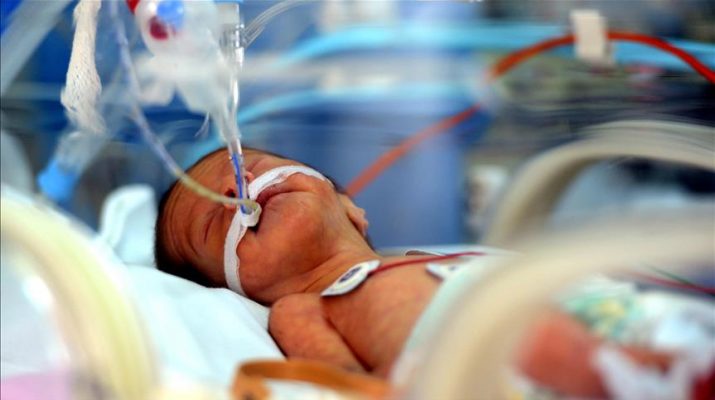The rate of premature births across Makueni county rose significantly for the past three years in a row according to a premature birth report card from Stephen Ndolo, the County Director of Medical services. In 2020, the premature birth rate stood at 1,200 which was an increase from the previous year, 900 whereas in 2018 the numbers were as low as 800.
The highest rate was experienced shortly after the country was hit by the Covid-19 pandemic in 2020. “We have seen the rates increasing from 4 percent to 6.5 percent in 2020 which requires mitigation where mothers need to take the right diet and attend clinics to be educated on diet and health living. Mothers also need to be prepared for pregnancies and this explains the reason to why most of these births are from teenagers,” said Dr. Ndolo.
He said that the number of pregnant teenagers was a worrying trend that has been causing these premature births. “Mothers need to be prepared before getting pregnant and if a teenager gets an unplanned pregnancy it means majority will shy away from attending clinics for supplements and health talks, something that exposes them to premature births,” he added.
At The Makueni Mother and Child Hospital, the new born unit was reported to have already 23 babies where among them, 11 are babies born before the start of the 37th week of pregnancies. Francisca Kisilu, neonatal nurse at the facility said babies who were born too soon were on rise in the child unit citing several causes such as an anemia, urinary tract infections among others saying that premature babies always need a support in managing their feeding and respiratory systems.
“There are incidences where a mother can experience repeated prematurity which is sometimes unfortunate but this is rare and occurs where the mother has cervical incompetence where the cervix can’t hold the pregnancy to term,” said Ms Kisilu.
Kenya Medical Training College Principal of Wote campus, Omasanjo said they have been collaborating with various departments through community health outreach programs targeting expectant mothers. “We are having a program called community health assistance where our learners have been reaching mothers at their homes to equip them with knowledge to avoid premature births,” said Omasanjo. She underscored the need for medical colleges working close with the health ministry for ensuring attaining of universal health coverage.

